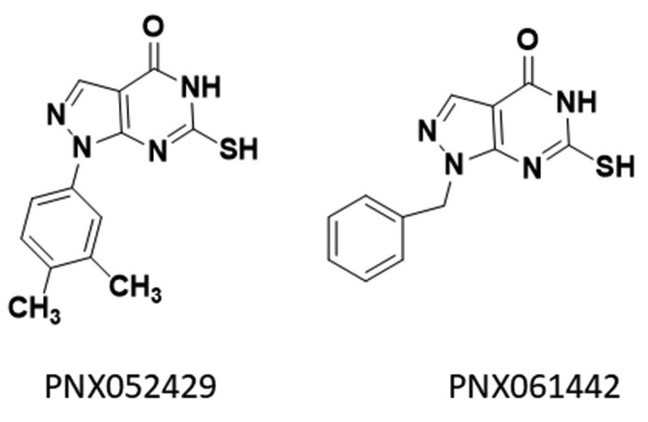Acidify cancer cells to block them
Hv1 channels are part of the normal cellular mechanisms that allow cells to limit intracellular acidification that arises from their growth and functioning. To ensure the high energy requirements that their rapid growth requires, cancer cells modify their metabolism. This change causes an excess of protons that acidifies the cells. To get rid of the excess of protons, some cancer cells have found a solution: hijacking the Hv1 channels. Blocking these channels might thus be a promising approach to find new ways to fight cancer.
Proving the concept of Hv1 inhibition
As a first step in the search of new treatments, researchers from the PHYM department and from the PATIM department explored the cancer atlas database and showed that patients with Hv1 loss of function mutations had a better survival in specific cancers. The lack of Hv1 functioning channels could slow down cancer progression. Encouraged by these initial results, they studied the impact of a genetic deletion of Hv1 on cancer growth in a mouse model. Their results, described in their recent paper in BBA – Molecular Cell Research, provide a strong rationale for the use of Hv1 inhibitors in the fight against cancer.
Identification of two promising Hv1 inhibitors
Based on this promising concept, a the start-up (Hplus Therapeutics) was created to develop pharmacological inhibitors of Hv1. An assay compatible for high throughput screening was developed at the READS unit from the Faculty of Medicine and 54,000 small molecules were tested. Two promising Hv1 inhibitors were discovered (see Figure below). Although further investigation is needed, these inhibitors open up new avenues to fight certain aggressive cancers that hijack Hv1 channels such as leukemia and triple-negative breast cancer.

Inhibiting Hv1 channels with one of these two inhibitors prevent cancer cells from reducing their acidity and thus block their proliferation © from Figure 4 in El Chemaly et al. 2023
30 Jan 2023
